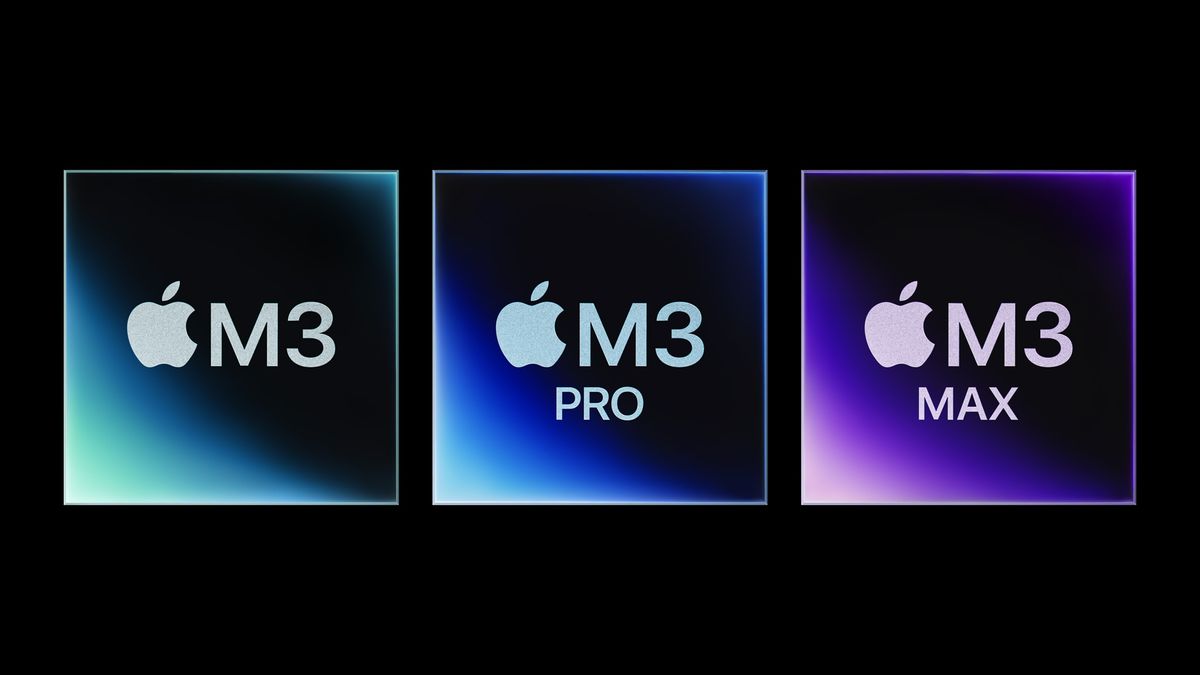NomenNescio
Dual Sense Edger and Blower
With the PS4/Xbox One many assumed X86 would remain as the base architecture for consoles from then on. PS5/SeX sort of cemented that assumption, but then Apple Silicon happened and they left Intel looking like those monkeys from 2001: ASO in the prescence of an alien monolith.
With consoles being closed systems, having a lot of restrictions in terms of efficiency, size, etc. I wouldn't be surprised if manufacturers ditch X86 and move to ARM as these improve. What do you think? How would this affect backwards compatibility?
With consoles being closed systems, having a lot of restrictions in terms of efficiency, size, etc. I wouldn't be surprised if manufacturers ditch X86 and move to ARM as these improve. What do you think? How would this affect backwards compatibility?
Last edited:





